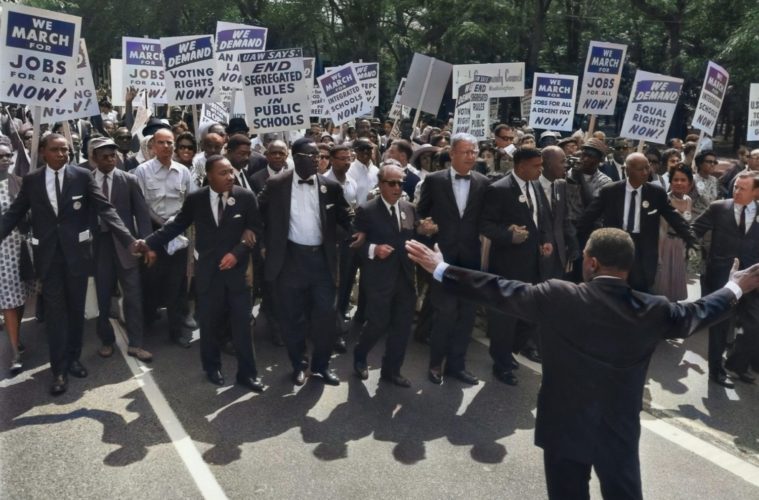Following his assassination in 1968, civil rights leader Martin Luther King Jr. has been honored with a national holiday on the third Monday of every January. But it wasn’t always like this — the political fight to make Martin Luther King Jr. Day a national holiday took decades and was one of the most contentious pieces of legislation ever passed by Congress. As we celebrate MLK Jr. today, let’s take a look back at how it all happened.
The Fight Begins
The push for MLK Day began just days after his death in April 1968, when Congressman John Conyers of Michigan introduced legislation to establish an annual holiday honoring King’s legacy. However, despite overwhelming support from the public, Conyers’ bill failed to pass Congress for 15 years due to staunch opposition from Republican lawmakers and President Ronald Reagan.
In 1979, Coretta Scott King (MLK’s widow) launched a new campaign to make MLK Day a reality. This time around, she focused her energy on raising awareness among everyday Americans by organizing parades, rallies and other events across the country. Her efforts paid off — in 1983, President Reagan finally yielded under pressure from the public and threw his support behind the bill. Despite this win however, many Republicans in Congress still opposed the measure and continued to block its passage until 1986.
A Last-Ditch Effort
In 1986, Senator Ted Kennedy (D-MA) made one last attempt at passing an MLK Day bill that would be acceptable to both sides of the aisle — he proposed combining King’s official birthday (January 15th) with another federal holiday: Columbus Day (October 12th). His compromise worked – both Republicans and Democrats supported the bill, which was signed into law by President Reagan later that year and designated as “Martin Luther King Jr./Civil Rights Day”. The law officially went into effect three years later in January 1989 as “Martin Luther King Jr. Day”.
The political fight to make Martin Luther King Jr. Day was long and arduous — but it was worth it! Not only did it commemorate Dr. King’s legacy as one of America’s greatest civil rights leaders , but it also served as an important reminder that we can achieve great things when we come together with respect and understanding regardless of our political differences . To this day , Martin Luther King Jr . ‘ s legacy continues to live on through his powerful speeches , inspiring words , and lasting impact on society . It is truly amazing what can be accomplished when people come together for a common cause .
Advertising disclosure: We may receive compensation for some of the links in our stories. Thank you for supporting LA Weekly and our advertisers.

